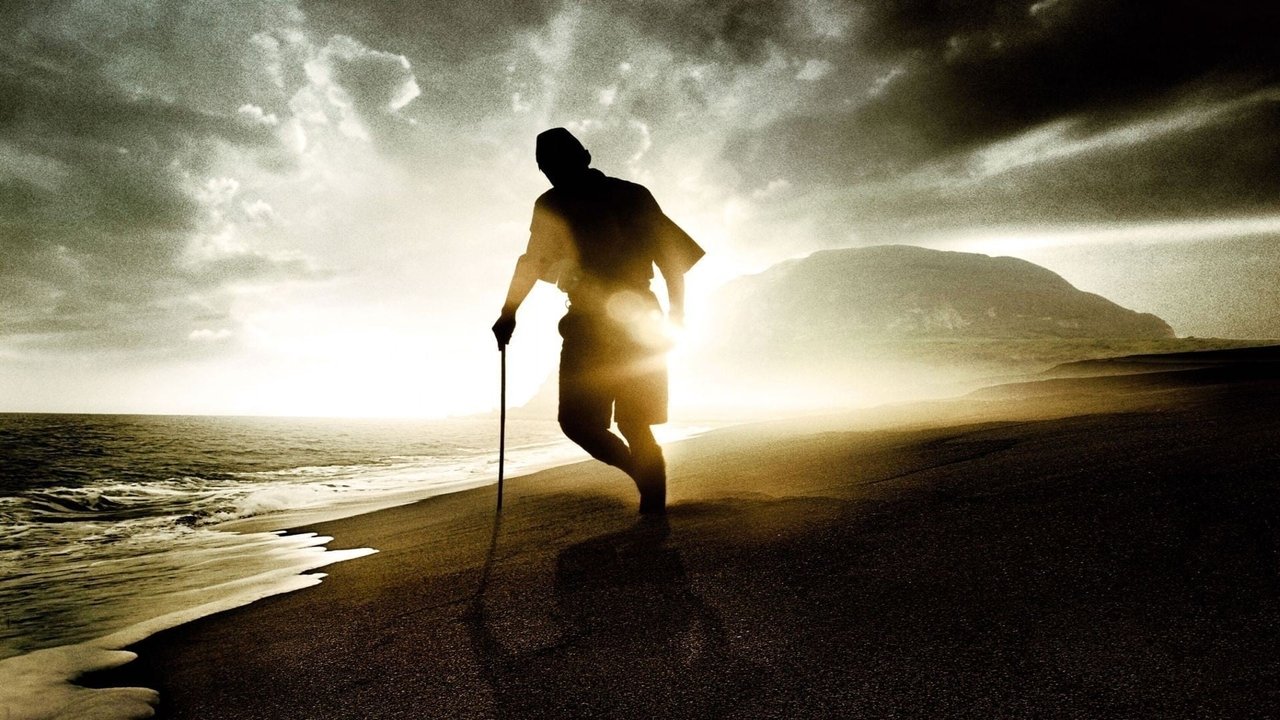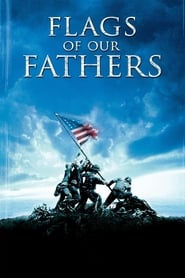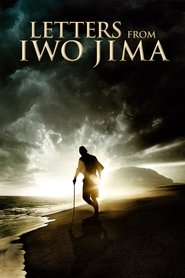In the year 2006, the legendary filmmaker and actor, Clint Eastwood, embarked on an ambitious project to explore one of the most significant battles of World War II - the Battle of Iwo Jima. This endeavor resulted in the creation of two cinematic masterpieces that offer a complementary and comprehensive view of this historic event. The first installment of this compelling duology is "Flags of Our Fathers." This film revolves around the men who raised the American flag on Mount Suribachi, an act that was immortalized in one of the most iconic photographs of the war. A notable aspect of this film is that it marked the film debut of Eastwood's son, Scott, further adding to the personal touch of this project.
The second film in the collection is "Letters from Iwo Jima," which offers a stark contrast and a refreshing divergence from the typical war films. Instead of focusing on the American perspective, Eastwood boldly chose to delve into the tactics and strategies employed by the Japanese soldiers stationed on the island. This film is a poignant portrayal of their experiences and the heart-wrenching letters they sent back home to their loved ones, providing a humanizing perspective of the "enemy" often overlooked in war narratives. This innovative approach made "Letters from Iwo Jima" a groundbreaking film as it was the first American film to depict a war issue entirely from the perspective of the American's enemy, shedding light on the shared humanity of both sides of the conflict.
Through these two films, Eastwood managed to encapsulate the diverse experiences and perspectives surrounding the Battle of Iwo Jima. Viewers are encouraged to watch both films for a comprehensive understanding of this historical event, as each film presents a different facet of the same story. Together, they offer a balanced and thought-provoking exploration of war, its impacts, and the shared human experiences it entails. This collection is not just a tribute to the brave soldiers who fought at Iwo Jima, but also a testament to Eastwood's filmmaking prowess and his ability to tell compelling stories that challenge the traditional narratives of war.


